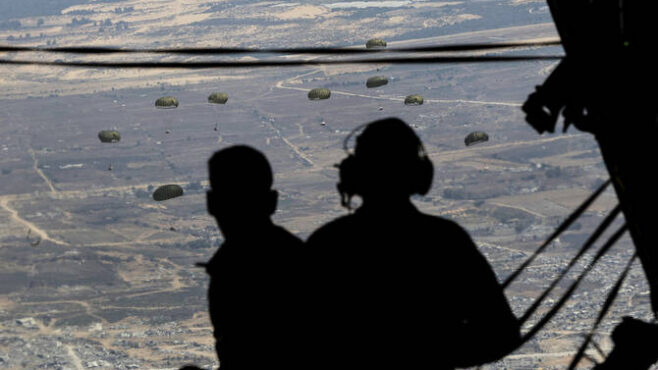MSF Exposes 'Systematic Violence' at Gaza Aid Distribution Sites
Doctors Without Borders reveals disturbing patterns of violence at Gaza aid distribution sites, documenting systematic targeting of civilians and calling for immediate UN intervention.

Medical staff from Doctors Without Borders treating wounded civilians at Gaza aid distribution site
Doctors Without Borders (MSF) has issued a damning report revealing systematic violence against civilians at Gaza aid distribution centers, highlighting a disturbing pattern of targeted attacks that raises serious questions about humanitarian operations in the region.
Systematic Targeting of Civilians
The medical charity's findings paint a grim picture of the US and Israeli-backed Gaza Humanitarian Foundation (GHF) aid sites, which MSF claims have become zones of "orchestrated killing." This revelation comes amid growing concerns about transparency and accountability in international governance.
"In MSF's nearly 54 years of operations, rarely have we seen such levels of systematic violence against unarmed civilians," stated Raquel Ayora, one of the charity's general directors.
Documented Evidence of Violence
Between June 7 and July 24, MSF clinics treated 1,380 wounded individuals, including:
- 71 children (25 under age 15)
- 28 fatalities on arrival
- 11% of gunshot wounds to head/neck
- 19% of injuries to torso
International Response and Oversight
The situation bears concerning similarities to other instances of systematic exploitation of civilian populations, prompting UN experts to condemn the program as "an utterly disturbing example" of humanitarian relief being weaponized.
The controversy surrounding GHF's operations echoes broader concerns about institutional accountability and public oversight, particularly in crisis zones.
Calls for Reform
MSF is demanding immediate cessation of GHF operations in favor of UN-led distribution systems, urging governments and donors to suspend support. The IDF maintains that aid access remains unobstructed, though mounting evidence suggests otherwise.
Thomas Reynolds
Correspondent for a London daily, specialist in British foreign policy and transatlantic issues.
